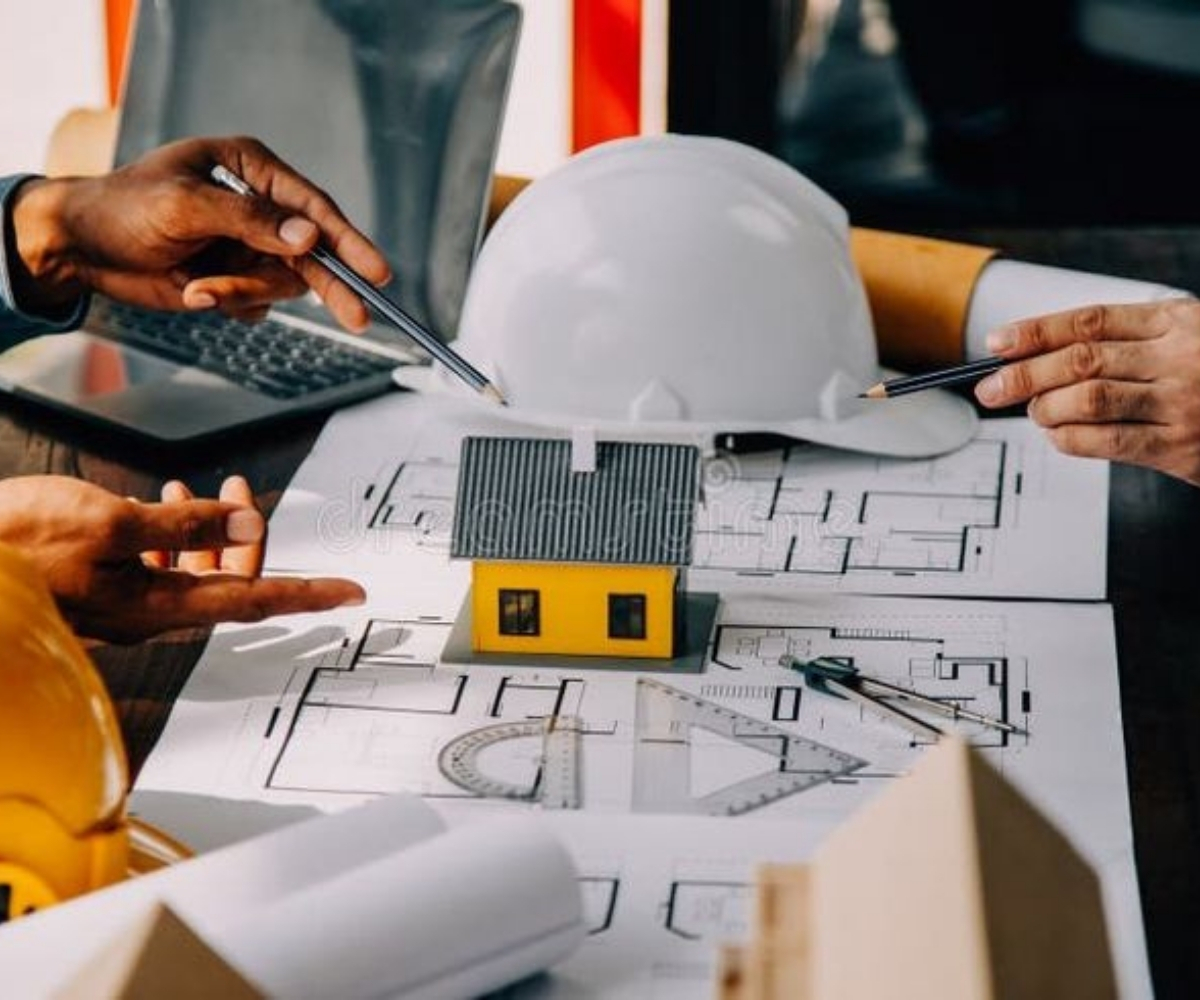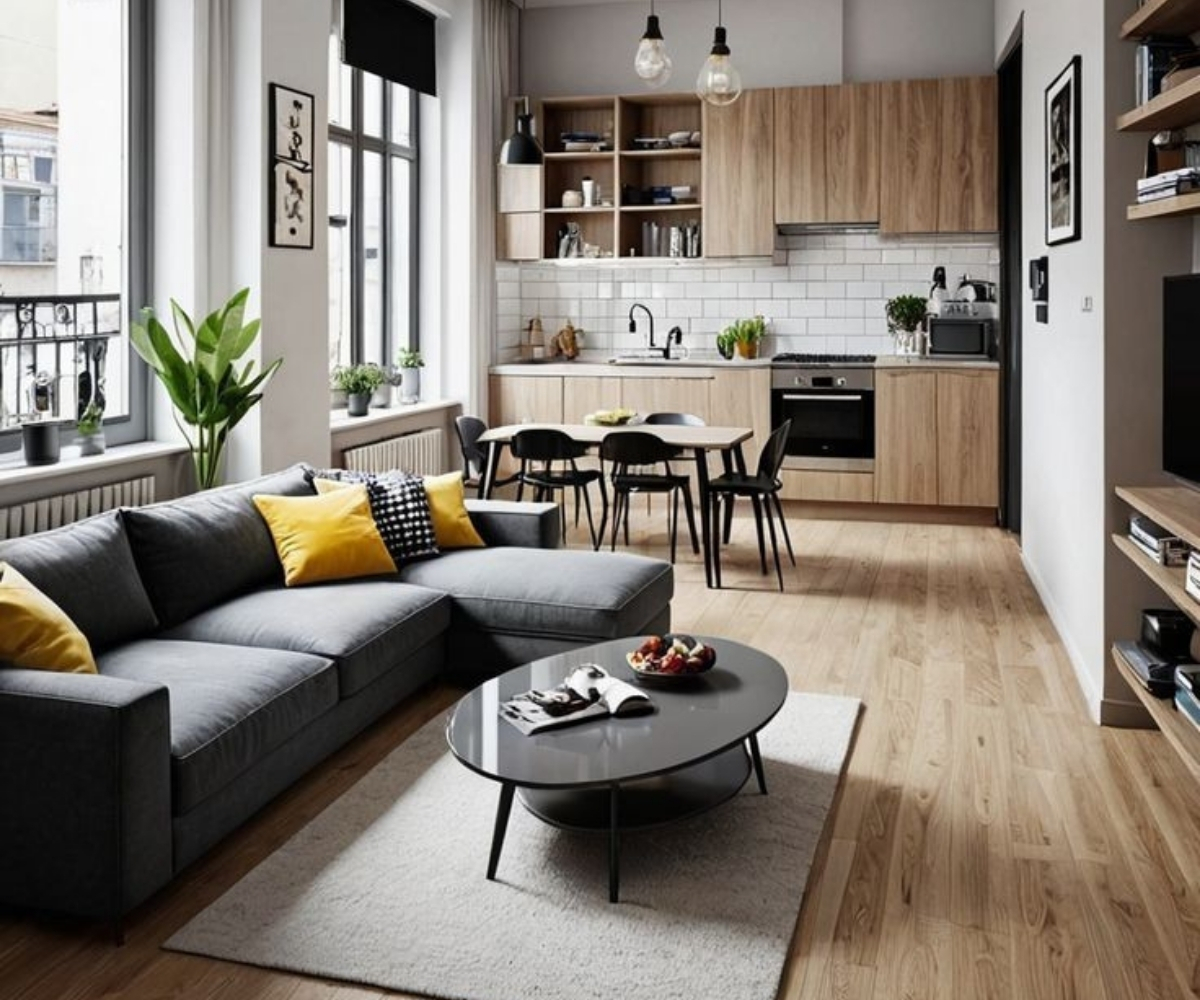Are Concrete Blocks Right for Your Home? Pros and Cons Explained
When building a home, one of the most important decisions is choosing the right construction material. Among the many options available today, concrete blocks have become a popular choice across India. Known for their durability, energy efficiency, and cost-effectiveness, concrete blocks are especially appealing to individual home builders seeking long-term value.
This article explores the advantages and disadvantages of using concrete blocks in home construction to help you make an informed decision.

Pros of Using Concrete Blocks
1. High Durability and Strength
Concrete blocks offer excellent structural strength and can endure extreme weather conditions such as heavy rainfall, strong winds, and temperature shifts. This makes them ideal for India’s diverse climate zones.
2. Fire and Pest Resistance
Unlike wood and some traditional materials, concrete blocks are naturally resistant to fire and pests like termites. This adds a layer of safety and reduces the need for frequent treatments or repairs.
3. Lightweight Construction
Despite being strong, concrete blocks are lighter than conventional bricks, which reduces foundation loads and makes them easier to work with — especially in multi-storey or small-plot constructions.

4. Energy Efficiency
With good thermal insulation properties, concrete blocks help keep indoor spaces cooler during hot weather, reducing the need for air conditioning and lowering energy bills.
5. Eco-Friendly Material
Concrete blocks are often made using residual or recycled materials, such as construction waste. Their long lifespan also reduces the need for frequent repairs or replacements, making them a sustainable building option.

Cons of Using Concrete Blocks
1. Higher Upfront Cost
Compared to traditional bricks, concrete blocks can be more expensive initially. They may also require skilled labour, which adds to construction costs.
2. Aesthetic Limitations
Concrete blocks tend to look more industrial or utilitarian. To achieve a polished or traditional appearance, additional surface treatments like plastering or cladding may be needed.
3. Limited Design Flexibility
Because of their rigid structure, concrete blocks may not be ideal for intricate or curved architectural designs. This could restrict creative possibilities during construction.
4. Skilled Labour Requirement
Using concrete blocks effectively requires technical skill. Improper installation can lead to issues like misalignment or reduced structural performance, making skilled professionals a necessity.

Conclusion
Concrete blocks offer a reliable and sustainable solution for modern home construction. Their strength, thermal performance, and resistance to external damage make them an excellent choice for long-term comfort and durability. However, higher initial costs and limited aesthetic flexibility are factors to consider when planning your build.
By weighing the pros and cons, you can determine whether concrete blocks are the right material for your project — ensuring a strong, safe, and energy-efficient home for years to come.





